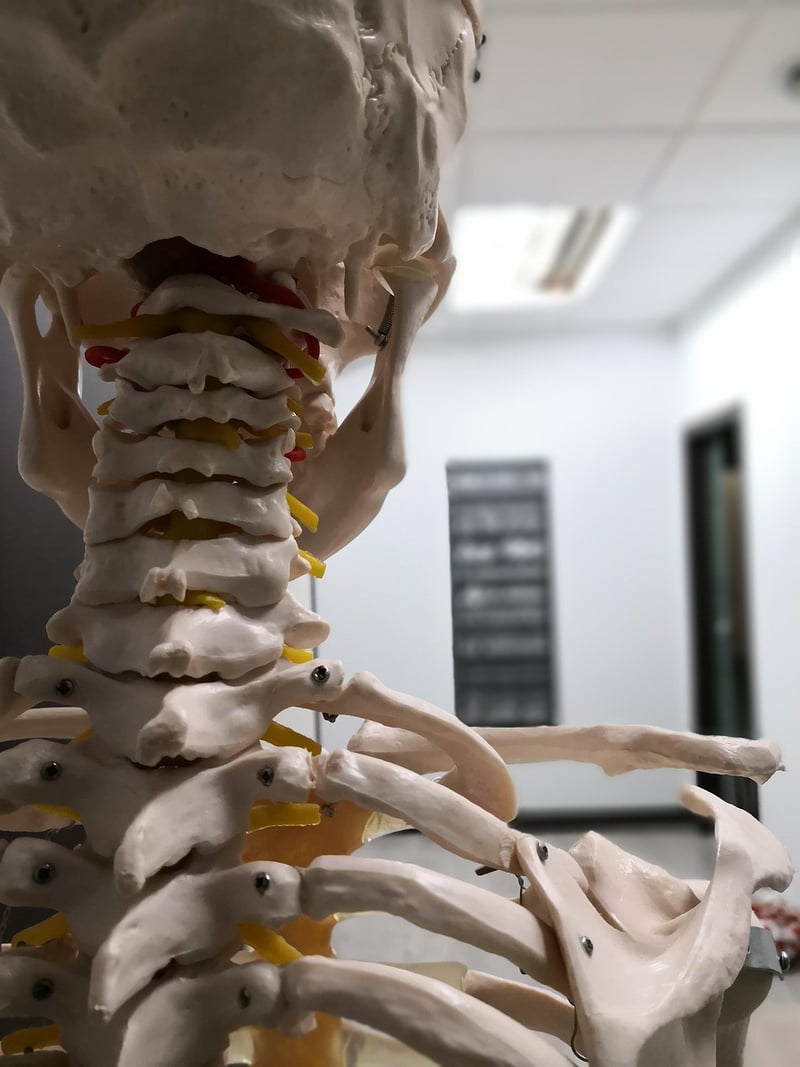Clinical Pilates
The Importance of Core Strength and Alignment in Clinical Pilates

Core strength and alignment are crucial components of a successful Clinical Pilates practice. Clinical Pilates, also known as physiotherapy-based Pilates, focuses on rehabilitation and injury prevention through targeted exercises that enhance core strength, improve posture, and promote overall well-being.
Why Core Strength Matters
The core muscles, which include the abdominals, obliques, lower back, and pelvic floor, provide stability and support to the spine and pelvis. A strong core is essential for maintaining proper posture, preventing injuries, and improving balance and coordination.
Benefits of Clinical Pilates
- Improves core strength and stability
- Enhances flexibility and mobility
- Corrects muscle imbalances
- Reduces pain and risk of injury
- Promotes better alignment and posture
Alignment and Posture
Proper alignment is key to effective movement and injury prevention. Clinical Pilates focuses on correcting alignment issues through targeted exercises that promote better posture and body awareness. By strengthening the core muscles and aligning the spine, individuals can move more efficiently and reduce strain on the body.
Getting Started with Clinical Pilates
If you are new to Clinical Pilates, it is essential to consult with a qualified instructor or physiotherapist who can assess your individual needs and create a personalized program tailored to your goals. Whether you are recovering from an injury or looking to improve your overall fitness, Clinical Pilates offers a safe and effective way to enhance your core strength, alignment, and overall well-being.
Take the first step towards a stronger, healthier you with Clinical Pilates!

Image sources: Pixabay.com
